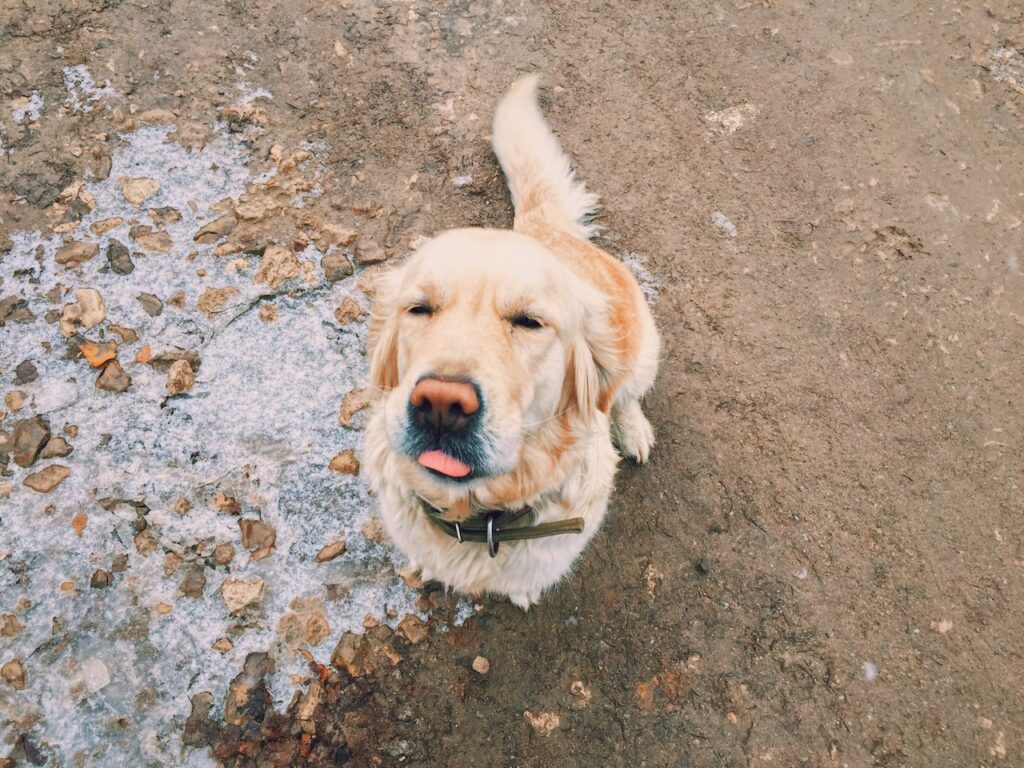Training Your Reactive Dog: Building Obedience, Confidence, and Trust
Are you a dog owner of a reactive pup? Or maybe you’re considering adopting one and want to know how to handle them in different situations. No matter the case, training your reactive dog can be challenging, but with the right techniques and patience, they can become well-mannered, obedient and confident. This article will discuss how to properly train your reactive pup and provide them with an environment where they feel safe and secure. We’ll cover topics such as handling their reactivity in different situations, building trust between pet parent and pup through positive reinforcement methods, and maintaining consistency for successful results. Read on to learn more about how you can help your furry friend grow into the best version of themselves!
Overview of Reactive Dog Behavior
Reactive dog behaviour is one of the most common issues faced by pet owners. It involves your pooch displaying fear, anxiety or aggression in response to certain external stimuli such as loud noises, strangers and other animals. Despite this being a natural response in some pups, it can be difficult and time-consuming to manage if left unchecked.
Ways To Reduce Reactivity In Your Dog
- Identify potential triggers
- Counter condition
- Provide physical barriers
- Teach calming commands
- Make sure they get enough exercise
Identifying the Triggers
One of the most important steps towards reducing reactive behaviours in your pup is understanding what triggers their reactions by observing their body language and paying attention to the environments they are exposed to. Once you have identified potential triggers (e.g. environment, people, noises etc.), you can begin to work on desensitizing them to those stimuli through specific training methods.
Counter Conditioning and Desensitization
Counter-conditioning and desensitization aim to gradually introduce your pup to their triggers in a controlled environment at a low-intensity level and reward them for keeping calm upon exposure. Over time your pup will learn that these triggers do not pose any danger and can instead become associated with positive experiences such as treats or hugs. This will help reduce their overall reactivity over time.
Other Management Strategies
In addition to using counter-conditioning techniques, there are several other management strategies which may help when dealing with reactive dogs, such as providing physical barriers between them and potential triggers, teaching commands like ‘settle’ or ‘look’, which they can use instead of reacting negatively and making sure they are appropriately exercised. Hence, they are less likely to display aggressive behaviours out of boredom or frustration.
Tips For A Successful Training Program With A Reactive Dog
- Start slowly by introducing stimuli at a low-intensity level
- Reward calm behaviour when exposed
- Repeat exposures until your dog becomes comfortable with the trigger
- Be patient – progress takes time!
- Keep training sessions short but consistent.
Wrap Up
Living with a reactive dog can be challenging, but with the right training and patience, it is possible to help them become well-mannered, obedient and confident. By following the tips outlined above and providing your pup with an environment where they feel safe and secure, you’ll soon see positive results in their behaviour. So don’t give up – with the right approach, you can help your pup learn how to behave in various situations and build trust between pet parent and pup. Good luck!
If you’re looking for an insurance provider to provide your pup with the best possible coverage, look no further than furrr.co.uk! Our comprehensive policies are designed to give pet parents peace of mind in knowing that their furry family members are protected in any situation. Plus, with our 24/7 emergency helpline.










